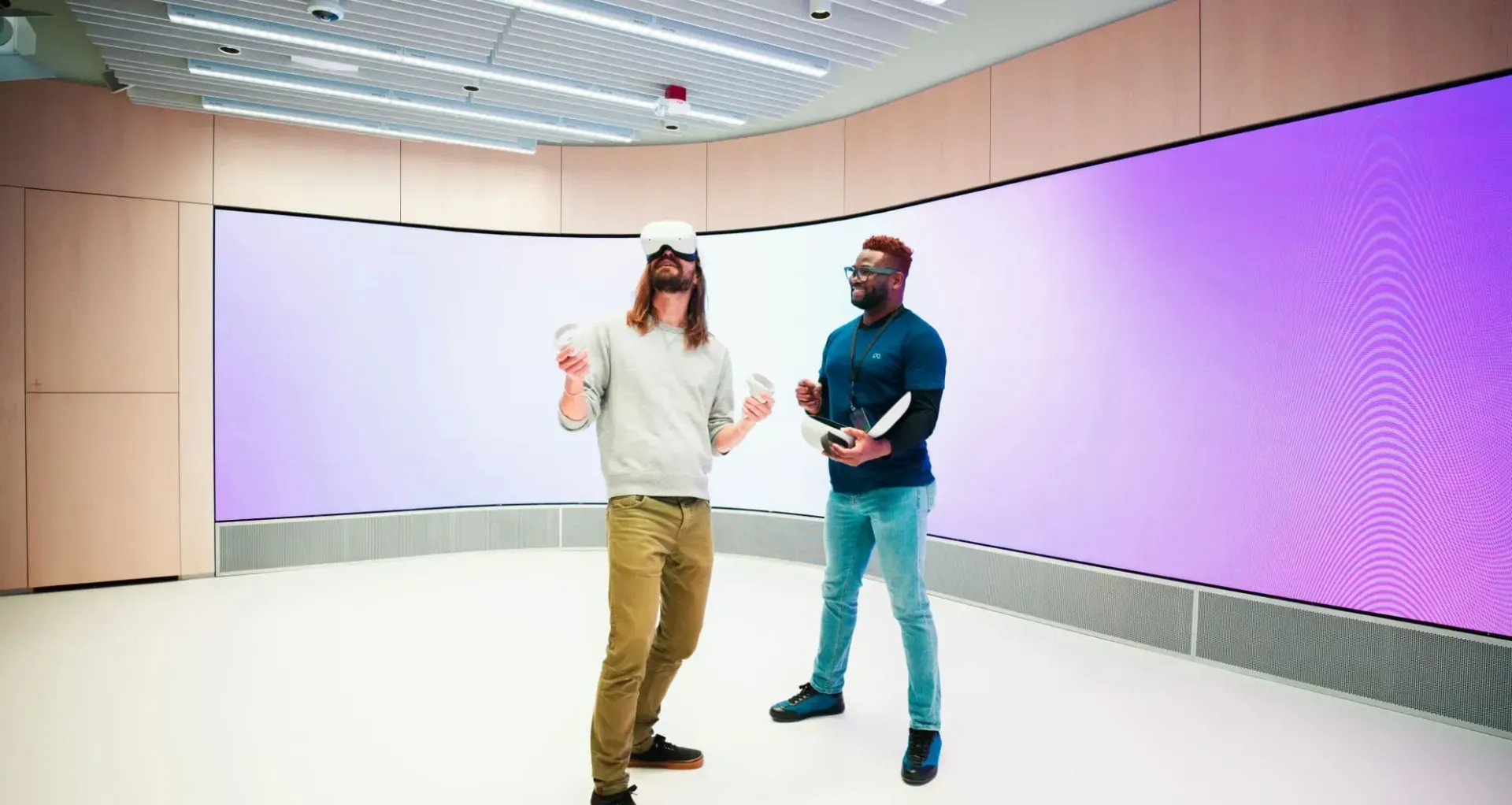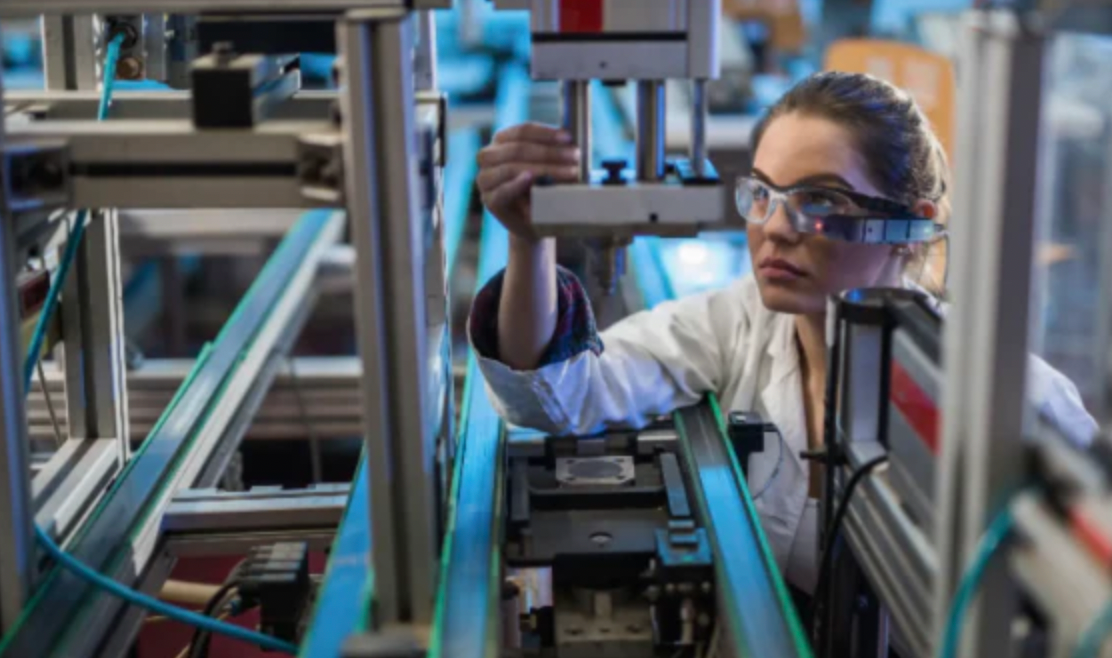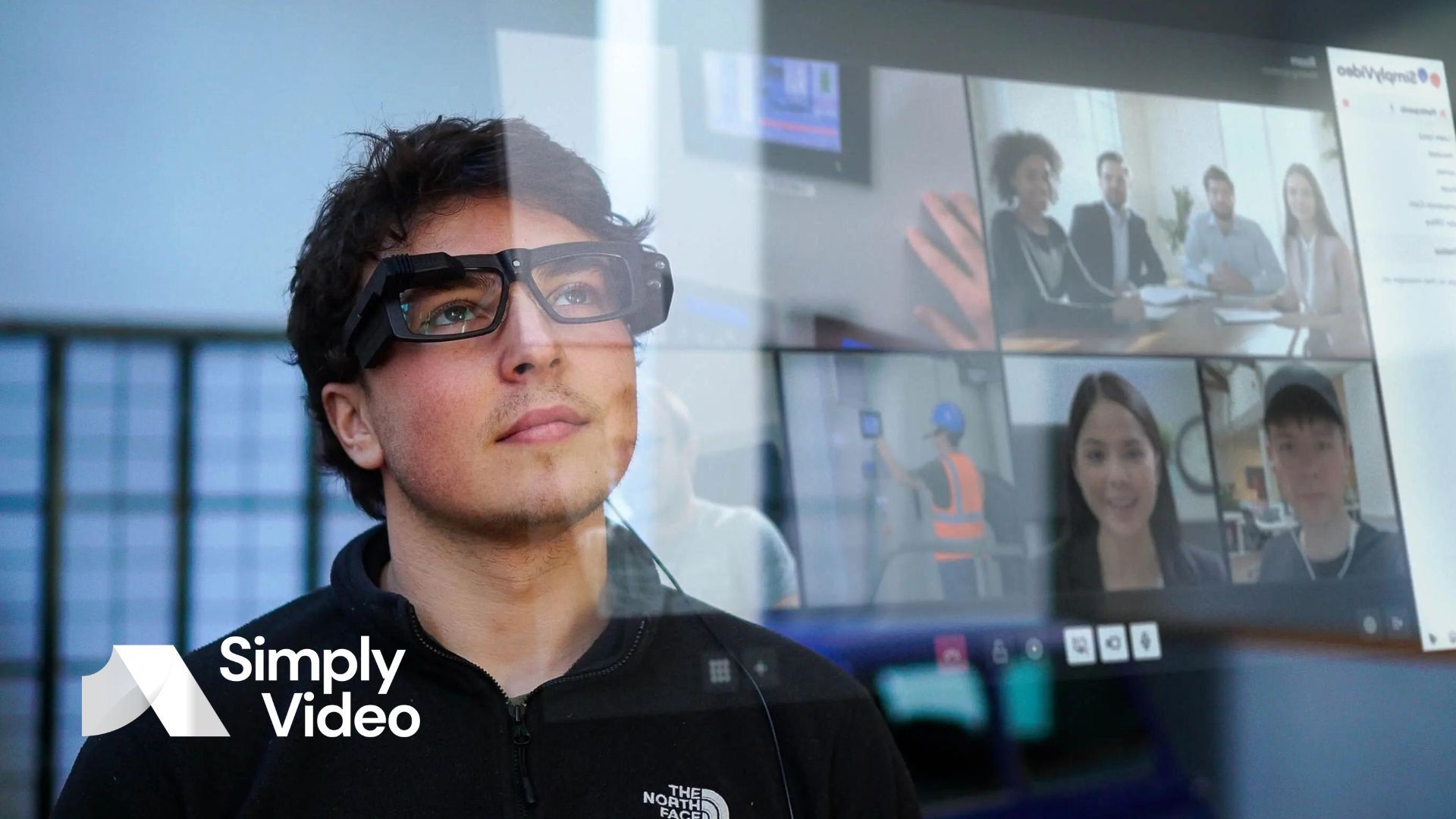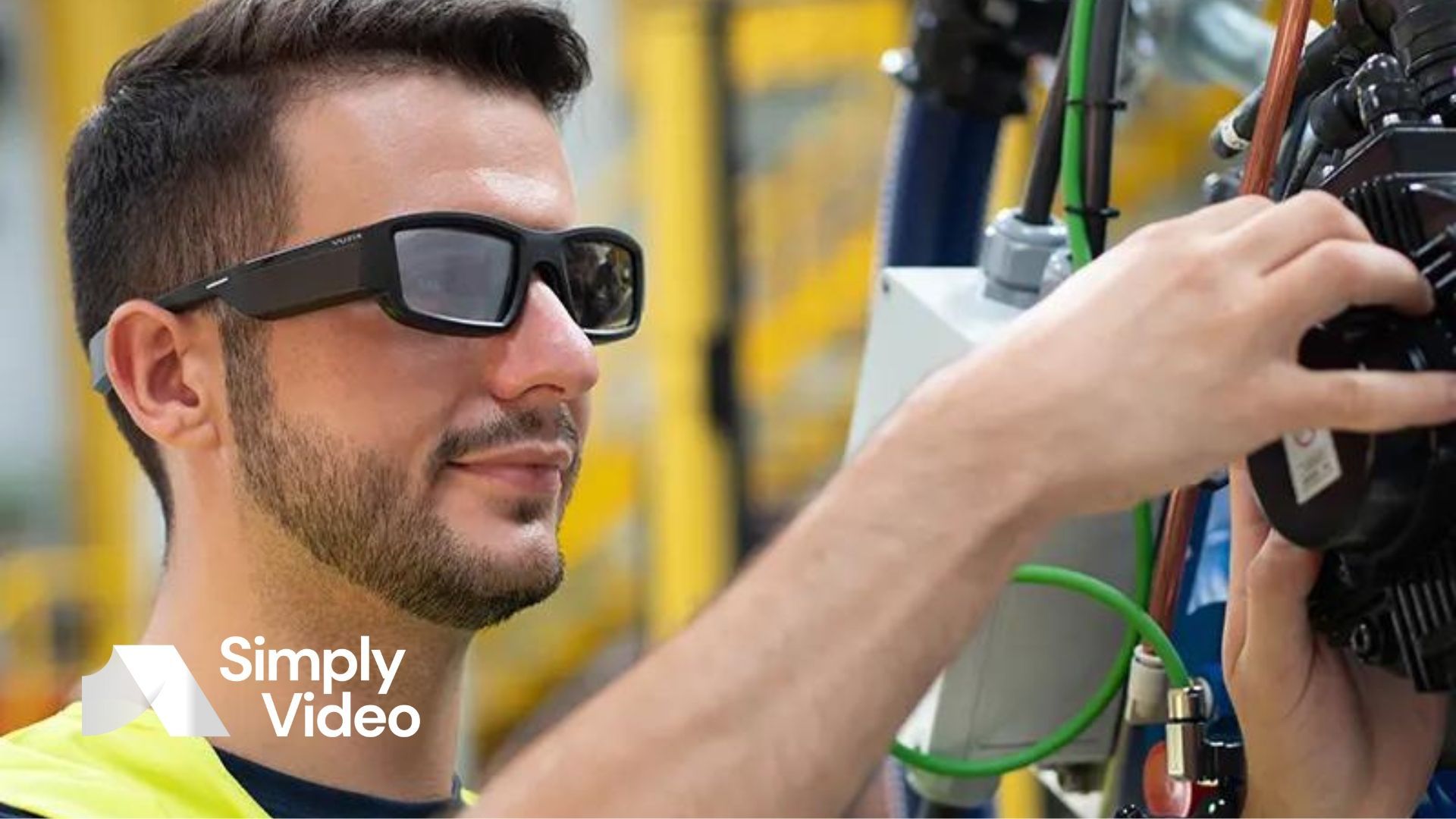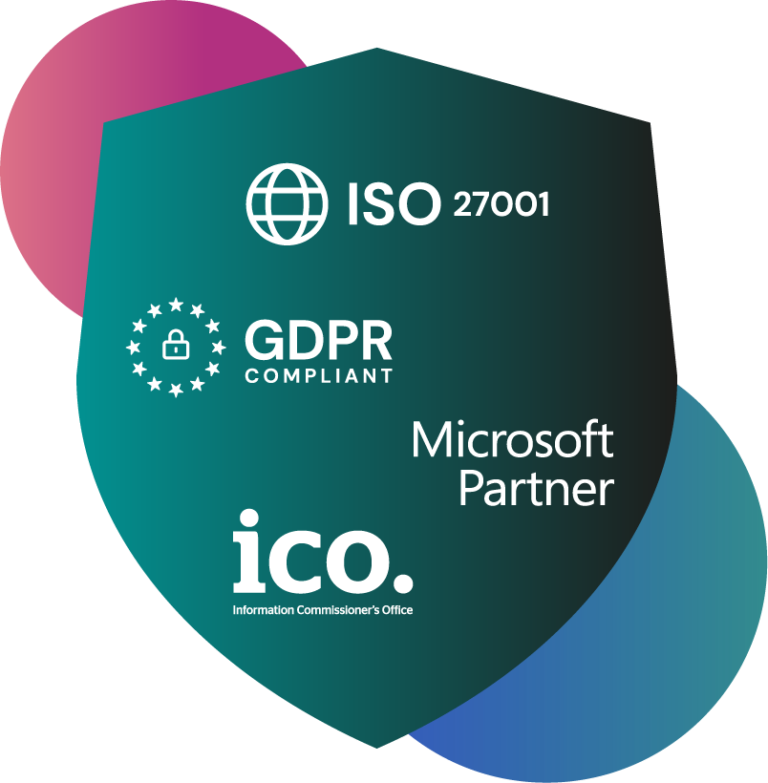Student attention spans are slipping – could XR be the answer?
Student attention spans seem to be slipping across the board. Join us as we explore how XR and immersive education could help reverse the trend.

Older generations have always complained about young folk. Like art, romance and civilisation, it's part of what makes us human.
"These young'uns just aren't as sharp as we used to be", they'd claim. Repeatedly. Forever.
Did Plato moan about Aristotle's mind wandering as he was lectured on the nature of the divine? Probably. Did cavepeople scold their cave kids for daydreaming during fire-making lessons? Evidence aside, almost certainly.
But this was before smartphones, TikTok and COVID. Before screens, swipes and stay-at-home directives wrought quiet havoc with our lives.
Now, it seems, that we adults might actually have a point.
In June 2023,
The Guardian
reported that primary-age children were struggling to adapt to classroom teaching post-pandemic. "Children's attention span 'shorter than ever' since COVID crisis", the headline gasped.
Central to the story was a poll of primary school teachers in England. More than two-thirds of respondents said their pupils' behaviour had worsened since the pandemic, while a staggering 84% agreed that student attention spans had decreased to unprecedented levels.
Sixty-nine percent, meanwhile, reported an increase in daydreaming and inattentive behaviour. One in five had even adapted their lessons in response, choosing to spend less than 10 minutes on any one activity lest minds go a-wandering.
These insights are troubling, for sure. But at least university students still have their eyes on the educational ball, right?
Right?
Attention issues in higher education
There are lots of stats floating about that point to dwindling attention spans among older students and adults – some more accurate than others.
For instance, it's often claimed that screen-weary adults now have eight-second attention spans – less than that of a goldfish. This factoid has, however, been
widely and
viciously debunked.
Less dubious is the lecturer's old rule of thumb: students can only concentrate for 10 to 15 minutes at a time. If you ramble on for any longer than this, you should expect eyes to glaze and murmurs of discontent to bubble up.
Indeed, this claim is backed up by real research – though this research
dates back to 1976.
There are scant – if any – studies into the effects of COVID on attention spans in higher education. But there's plenty of anecdotal evidence that suggests a crisis of concentration.
Sandi Mann, psychology lecturer at the University of Central Lancaster,
shared her experiences of student boredom in
Times Higher Education. "Boredom tolerance and experience have undergone a seismic shift over the past 25 years", she wrote. "Students these days seem to have a dramatically reduced attention span."
Meanwhile, Katie Davis of the University of Washington
asserted that "over the past decade or so, I've felt [the] balance of effort and engagement shift such that more and more of the burden falls on me to capture and hold my students' attention – an attention span that feels like it's becoming ever shorter."
Is technology the problem?
There's no doubt that student attention spans are dwindling. But is technology to blame?
It's an oft-repeated claim. Smartphones and social media have taught our children to expect instant gratification, the theory goes. Once you throw COVID, lockdowns and soaring screen time into the mix, you've got a winning recipe for chronic brain fog.

Indeed, the study cited by The Guardian found that 85% of primary schoolteachers blamed the "ever-swiping nature of social media" for their students' misbehaviour. "We had to teach the children through a screen during the pandemic", said one. "Taking the screen away now has had a massive impact."
Sandi Mann also pointed the finger at social media. "Our lives are characterised by change and novelty", she wrote. "We can swipe or scroll to get the reward of new stimulation the second we grow even slightly bored."
And Sascha H. Funk, head of media studies at Thammasat University, argued that platforms like TikTok had "led to a decrease in attention spans and a growing satisfaction with superficial understanding".
Social media platforms are tailor-made for addiction. They present us with a constant stream of new information and a constant supply of delicious, pleasure-inducing dopamine. As Mann writes, "The problem is that dopamine is addictive – the more we get, the more we need."
The need for active engagement
Perhaps the best way forward is to
accept that TikTok and COVID have shortened attention spans.
It's clear that the younger generation engages with technology – sometimes negatively. But rather than fighting against it, should we instead be looking for ways to engage students in their natural habitat?
"Engage" is the keyword. It's known that active engagement improves students' concentration. A 2021 study
found that introducing deliberate mistakes into lectures – and engaging students by asking them to point the mistakes out – increased attention spans "significantly".
In this sense, traditional teaching methods are fighting a losing battle against buzzing smartphones and pinging notifications. As painful as it is to admit, these offer students more opportunities for active engagement than a 60-minute seminar.

As Mann says, "We [need] to work with students, not against them. We need to make use of their need for novelty by adopting innovative teaching methods… Teaching needs to be interactive to facilitate deep learning – and to check student engagement."
The value of immersive learning and XR
How can technology help us turn the tables?
As we've seen, it needs to provide active engagement – or else students will soon cast their gaze back to their phones.
It needs to be interactive. As EdTech expert Al Kingsley
explains, "Teaching and learning solutions that [enable] flexibility and interaction… [provide] a direct boost in attention".
And it needs to be multi-modal, meaning it can display learning materials using a variety of media. "We all learn more efficiently when information is presented to us in multiple modes, including visually, auditorily and kinaesthetically", notes Kingsley.
Immersive learning ticks all of these boxes. It uses leading-edge extended reality (XR) technology to engage students and make them active collaborators in the educational experience.
Our immersive learning platform,
Stage, harnesses the power of augmented reality (AR) and virtual reality (VR) to deliver interactive content in the classroom – or remotely.
As educator, you conduct proceedings through an AR or VR headset. This is your magic wand – it allows you to conjure up 3D holographic models, videos and documents before students' very eyes.
Pupils interact using their own headsets or with simple tablet devices. Under your guidance, they can explore 3D spaces, collaborate on interactive tasks, watch immersive movies and more.
Stage is not a replacement for classroom teaching. Instead, it gives educators the tools they need to engage students who thrive on and expect interactivity.
The possibilities are endless. You could conjure up a working steam engine, take students on a field trip to the moon or simply make lectures more immersive with 3D, multi-modal educational assets.
Smartphones, eat your heart out.
Learn more about our
immersive learning platform. Or
get in touch to discuss how Stage could improve concentration and learning outcomes within your organisation.
